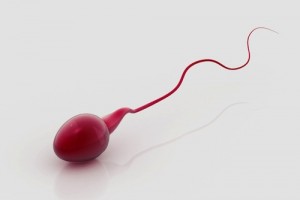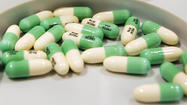 CHILDREN born through sperm donation belong to families that function just as well as others even though most of these children are not told they were conceived with donor sperm, an Australian study shows.
CHILDREN born through sperm donation belong to families that function just as well as others even though most of these children are not told they were conceived with donor sperm, an Australian study shows.
The largest and most comprehensive examination of donor insemination families has found that while most children are not told about their conception, their parents are just as loving towards them and psychologically healthy as others.
Some researchers say the use of anonymous donor sperm may lead to a more distant father-child relationship because of genetic differences between them. For example, if a child develops undesirable traits, the father may blame this on the donor.
It has also been suggested that parents of children conceived through donor sperm are more secretive and over-protective of their children to compensate for the genetic differences. They may also suffer from stigma around the male’s infertility. Read full article.



